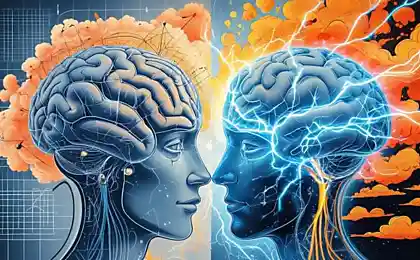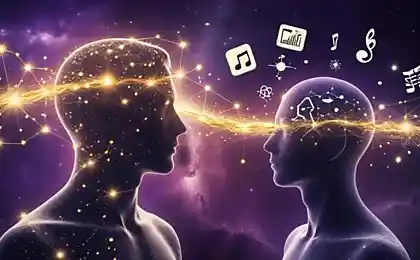215
9 Situations That Reveal Your True Self

Who are you really? 9 mirror situations
Life is the best psychologist. It doesn't ask direct questions, but it puts us in circumstances where our reactions become an accurate personality map. These moments, like x-rays, illuminate our values, fears and true motives. Let's decode them together.
1. Conflict: Your True Face Under a Mask

When the adrenaline goes off, it shows up. baseline. Research from the University of California shows that under stress, 68 percent of people regress to children’s patterns of response.
What to do:
- An hour after a fight, write down your emotions and arguments.
- Analyze which triggers caused the most acute reaction
- Use the Three Questions technique: What am I protecting? Why this one? What am I afraid to lose?
2. Unexpected Success: A Test of Ego Maturity
Sudden triumph exposes self-worth. Psychologist Carol Dweck, in a study on growth thinking, notes that 43% of people begin to sabotage success for fear of not conforming to their new status.
3. Long loneliness: a dialogue with the inner self
72 hours without socialization is the threshold after which deep reflection begins, according to the Journal of Environmental Psychology. Important: What thoughts become intrusive? What memories come up?

4. Helping a Stranger: A Map of Empathy
Spontaneous altruism - an indicator level of emotional intelligence. The University of Sussex experiment (2019) proved that people with developed empathy help 3 times more often, even with personal inconvenience.
5. Technological Detox: Digital Reflection
24 hours without gadgets reveal:
- Level of digital dependence
- Ability to Autonomous Motivation
- The depth of existential fears
6. Financial Crisis: The Hierarchy of Values
When you lose 50% of your income, your first three spends show your true priorities. The economist R. Thaler in the theory of mental accounting confirms that under stressful conditions people act according to basic attitudes.
7. Playing with children: level of presence
How long does it take you to fully join the game? Studies of mindfulness show that the average adult spends 17 minutes “switching” to a child mode.
8. Public Performance: Mask Theatre
Analyze not speech, but bodily reactions: trembling in the knees, sweaty palms, breathing speed. These markers, as P. Ekman proved, more precisely words reveal the level of self-censorship.
9. Unfair criticism: a mirror of self-esteem
Your first thought after an unfounded reproach is the key to understanding basic beliefs. Cognitive therapist A. Beck identifies three patterns: “I am bad,” “The world is hostile,” and “The future is hopeless.”
Glossary
reflection
Ability to analyze your own thoughts and emotions
Emotional intelligence
Ability to recognize and manage your own and others’ emotions
Cognitive dissonance
Mental discomfort in conflict of beliefs and actions
Mental accounting
Psychological phenomenon of classification of money into “mental accounts”
“Self-knowledge is the only journey where the destination is unknown, but each step changes the map.” – L. Sanger
Modesty vs Self-realization: How not to be held hostage to your virtue
Man with rotten: How to Recognize a Suppressive Personality























